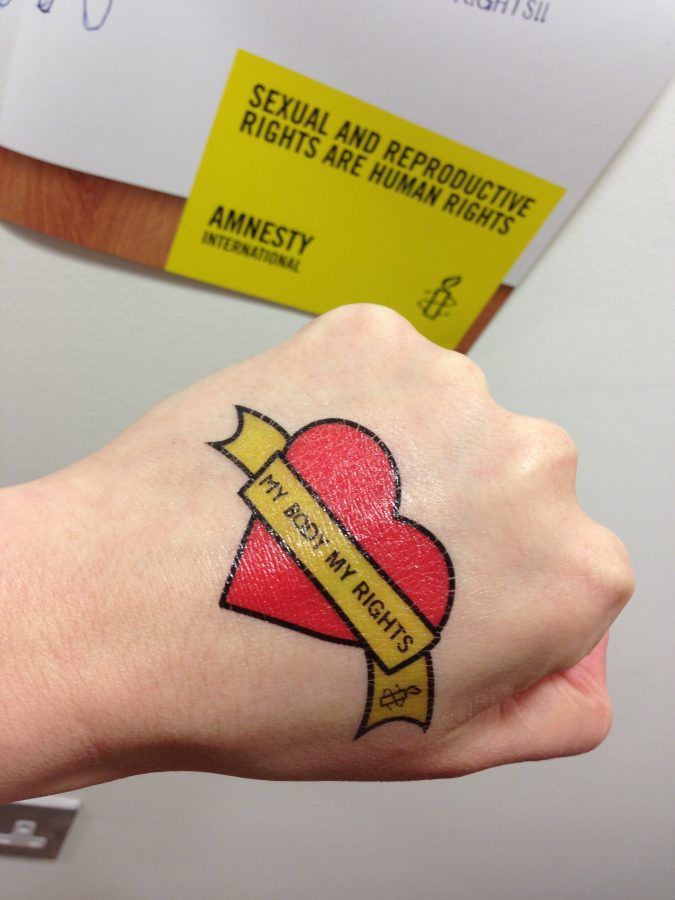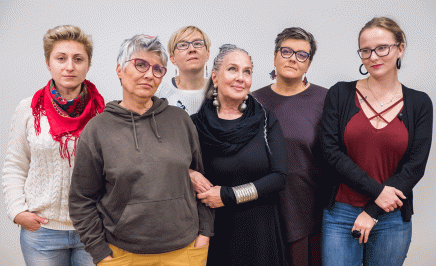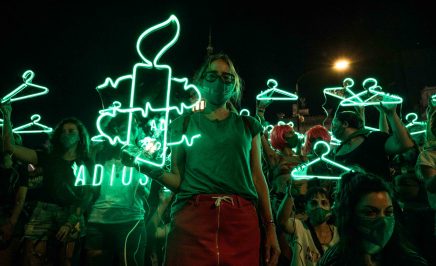Peaceful protesters against the new restrictions on abortion in Poland have faced excessive use of force by police officers, and have been arbitrarily detained without access to lawyers. Protests began on October 22nd after Poland’s constitutional tribunal ruled abortions due to foetal defects as unconstitutional.
What are the abortion laws in Poland?
Poland has one of Europe’s most restrictive abortion laws. Under Polish law, abortion is only legal when it is the result of rape or incest, threatens the life of the woman, or in cases of a severe and irreversible defect or incurable illness that threatens the foetus’ life.
Recently, Poland’s constitutional tribunal – the highest Polish court – ruled that abortions due to foetal defects are unconstitutional and therefore illegal. As the majority of the small number of legal abortions carried out in Poland are due to foetal defects, this has been viewed as an almost total ban on abortion in Poland.
What does Amnesty think should happen?
Amnesty International is urging the EU and other international actors to speak in solidarity with Polish women by calling on Poland to uphold women’s rights and protect the right to protest.
Draginja Nadazdin, Director of Amnesty International Poland, said: “Women in Poland are living under one of the strictest regimes in Europe in terms of access to abortion. Their right to protest against these restrictions must be upheld. The police must facilitate those wishing to protest peacefully in support of women, including by safeguarding protesters against harassment and violent attacks by counter-demonstrators”.





